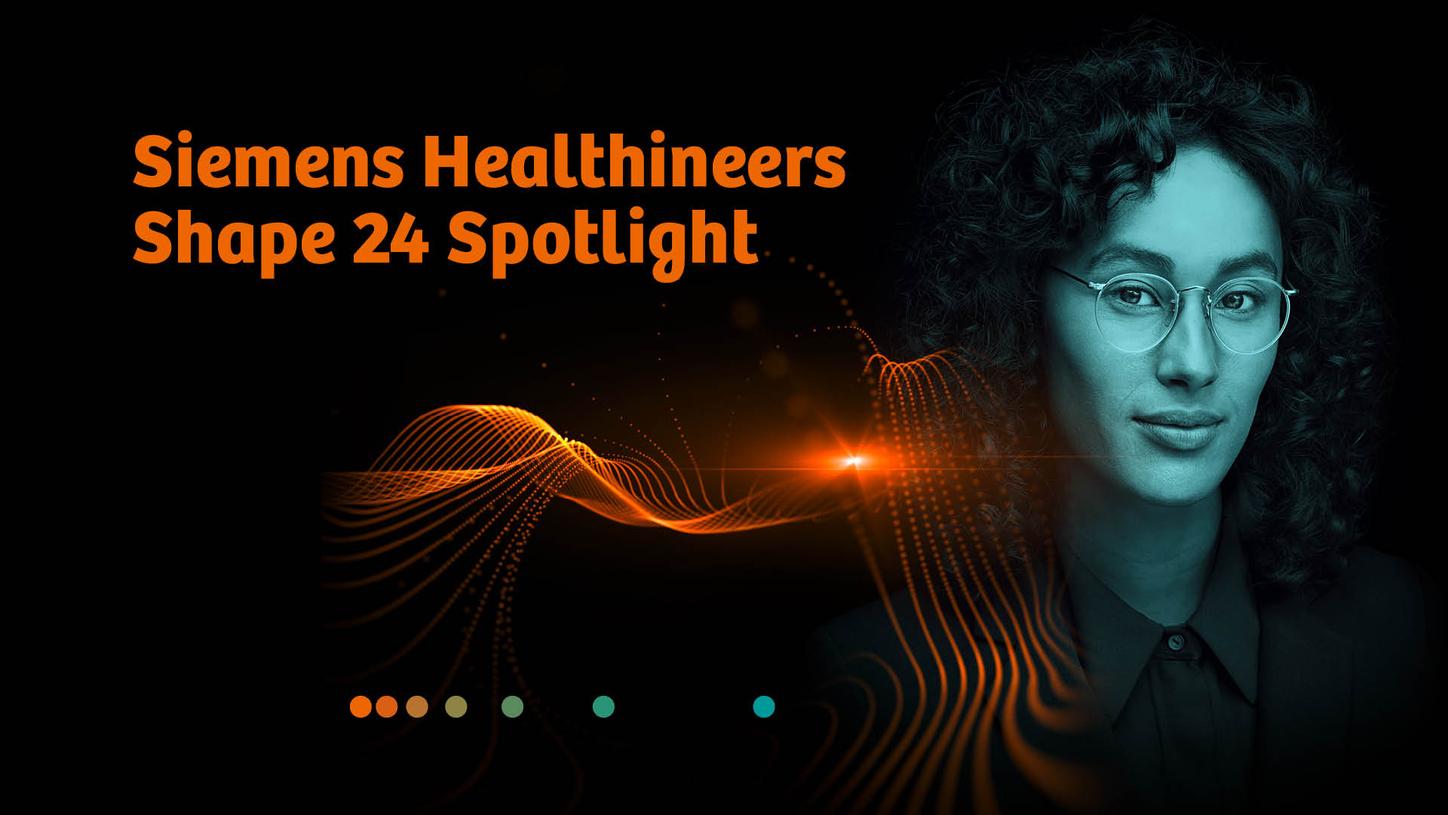
Digital Solutions & Automation
Outcomes that matter along the smart imaging value chain
Digitalization and automation are key to provide high-quality care and increase productivity in healthcare. At Siemens Healthineers, we aim to automate and streamline operations along the imaging value chain.
Our broad portfolio includes enterprise imaging IT, AI-powered decision support, as well as patient engagement solutions. It comprises business intelligence, performance management tools and tele operations solutions, innovative cardiology IT, digital pathology as well as diagnostics IT and lab automation.
Find out how digital solutions and automation can help you manage the challenges of today’s healthcare environment, increasing shortage of staff, the rising demand for imaging and the need to manage and leverage the vast amount of data for patient care.
Did this information help you?








